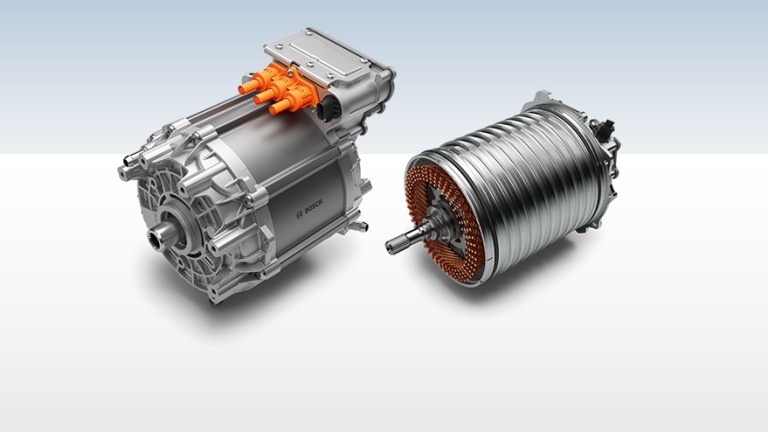How to Get a Loan Against Your Car at a Low Interest Rate

In today’s financial climate, managing expenses and accessing additional funds can be challenging. One viable option for leveraging an existing asset to gain liquidity is obtaining a loan against a car. This type of loan allows car owners to use their vehicles as collateral, unlocking potential financial resources without having to sell their valued assets. Securing a loan against your car can be an effective solution for pressing financial needs, but how do you ensure you get this loan at a low interest rate? Let’s explore strategies that can minimize loan costs while maximizing the benefits of liquidity.
Understanding Loans Against Cars
A loan against car, also known as an auto equity loan, enables vehicle owners to borrow money by using their car’s equity as security. This is different from a traditional auto loan, which usually involves borrowing to purchase a car. Instead, an auto equity loan utilizes the current market value of your paid-off or nearly paid-off car. The main attraction of these loans is the ability to access cash relatively quickly, as lenders are often more willing to approve loans secured by collateral like vehicles.
What Influences Loan Against Car Interest Rate?
Before diving into methods for securing the best rates, it’s crucial to understand the factors influencing the interest rates for loans against cars. Key factors typically include:
- Credit Score: Generally, borrowers with higher credit scores will have access to lower interest rates. A strong credit history signals to lenders that you are a dependable borrower, reducing their risk.
- Vehicle Value: The assessed value of your car can influence the loan amount you can secure and the interest rate. Lenders might offer better rates for vehicles that retain a greater market value.
- Loan Term: The duration of your loan repayment can also impact rates. Shorter-term loans often come with lower interest rates but higher monthly payments, while longer terms may have higher rates due to extended exposure to risk.
- Economic Conditions: Broader economic factors, such as the federal interest rate and inflation, can influence baseline lending rates, affecting the rates offered for loans against cars.
- Lender-specific Criteria: Different lenders may have varying criteria and risk assessments, leading to deviations in interest rate offerings.
Strategies to Secure Low Interest Rates
Securing a low loan against car interest rate requires a strategic approach to both personal financial management and lender engagement. Consider the following steps:
Improve Your Credit Score
Your credit score is the gateway to favorable loan terms. To boost your credit score:
– Pay Off Existing Debts: Reducing existing debt can positively impact your credit utilization ratio, a critical component of your credit score.
– Timely Payments: Ensure all your bills, credit card payments, and existing loans are paid on time to avoid adverse marks on your credit report.
– Limit New Credit Inquiries: Multiple credit inquiries within a short period can negatively influence your credit score. Only apply for new credit when necessary.
Evaluate Your Vehicle’s Value
A thorough assessment of your car’s value can empower you when negotiating with lenders:
– Professional Appraisals: Consider obtaining a professional appraisal to establish a realistic understanding of your car’s current value.
– Leverage Online Tools: Use online resources such as Kelley Blue Book or Edmunds to gauge the market value of your automobile based on its make, model, year, and condition.
Consider Shorter Loan Repayment Terms
While a shorter loan term translates to higher monthly payments, it often results in reduced interest rates. If your budget allows, opting for a shorter term can save you money in total interest payments over the life of the loan.
Utilize Relationship Discounts
Often, existing relationships with financial institutions can yield loyalty discounts:
– Explore Existing Accounts: Check if the bank or credit union where you hold an account offers preferential rates to their customers.
– Membership Privileges: Some credit unions offer lower rates to members, so explore options available through any affiliations or memberships you might have.
Additional Considerations
While your primary goal is to secure a low interest rate, several complementary aspects warrant attention:
Awareness of Additional Fees
Beyond the interest rate, loans can come with fees that inflate costs. Scrutinize the fee structure in loan agreements, including origination fees, late payment penalties, and early settlement charges.
Prepayment Options
In many scenarios, having the option for early repayment without incurring a penalty can be a financial advantage. Whether you apply through a traditional lender or a used car loan app, it’s essential to look for lenders who offer flexible prepayment terms or no prepayment penalties.
Balancing Loan-to-Value Ratio
The Loan-to-Value (LTV) ratio—which compares the loan amount to the car’s market value—can affect rates. A lower LTV ratio may qualify you for better interest rates, suggesting you borrow less relative to the car’s worth.
Conclusion
Loan against car interest rate is a critical factor in determining the overall cost of accessing cash through auto equity loans. By understanding the elements that influence these rates and employing strategic negotiating techniques, car owners can unlock necessary funds in cost-effective ways. Whether through improving credit scores, thorough vehicle valuation, or exploring diverse lender options, securing a low interest rate loan against your car is attainable with the right financial planning and approach. As with any financial decision, informed considerations and thorough research play pivotal roles in enhancing financial wellbeing and achieving favorable lending outcomes.










